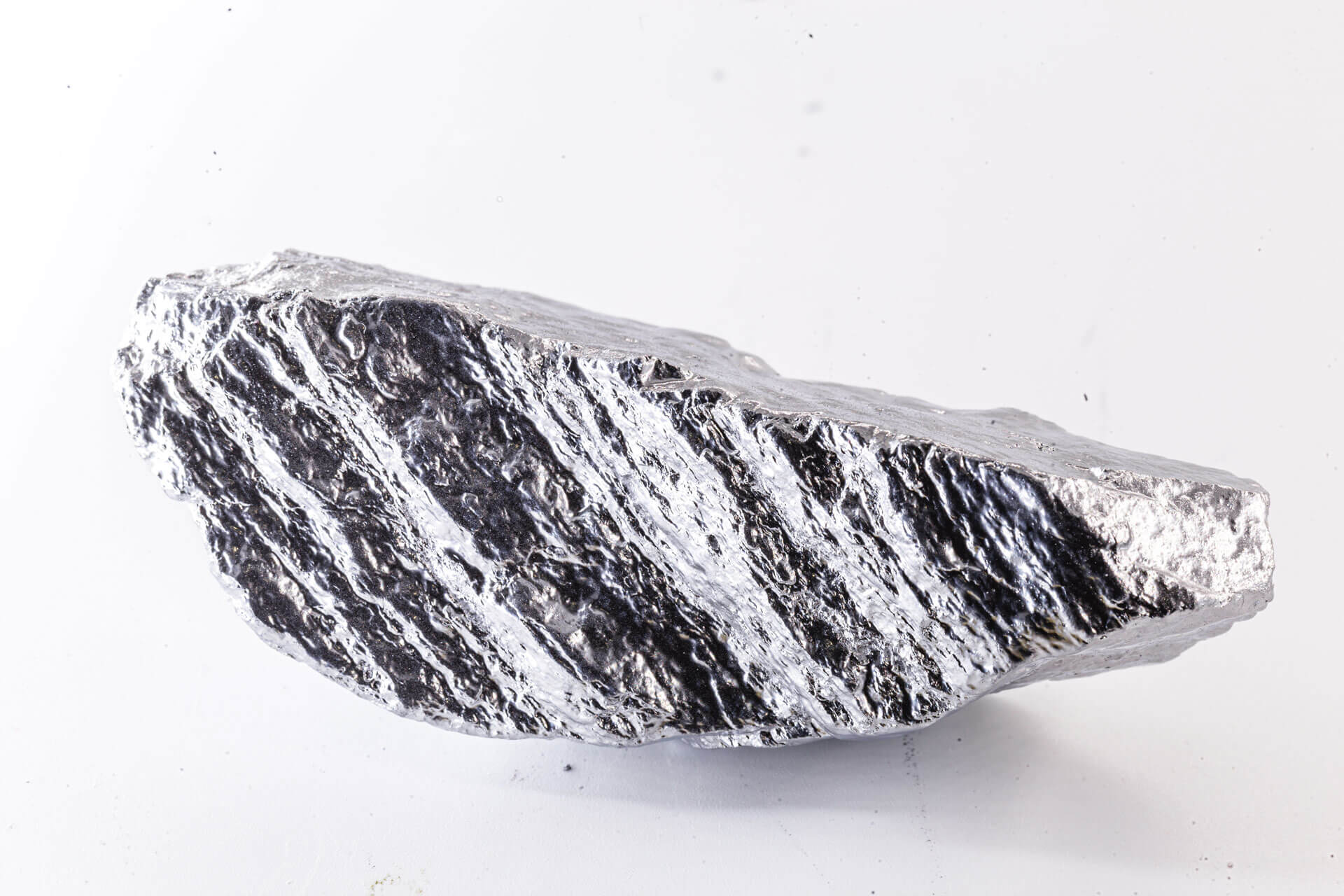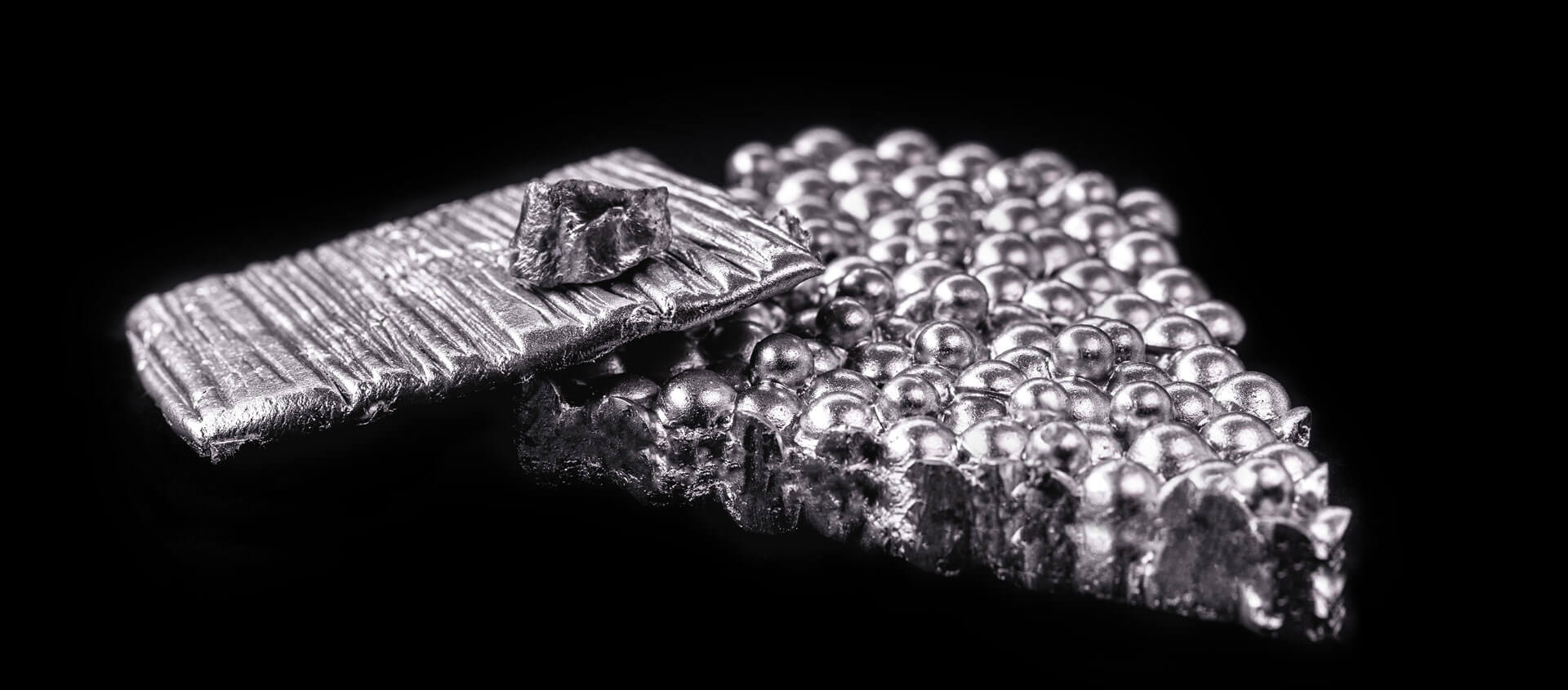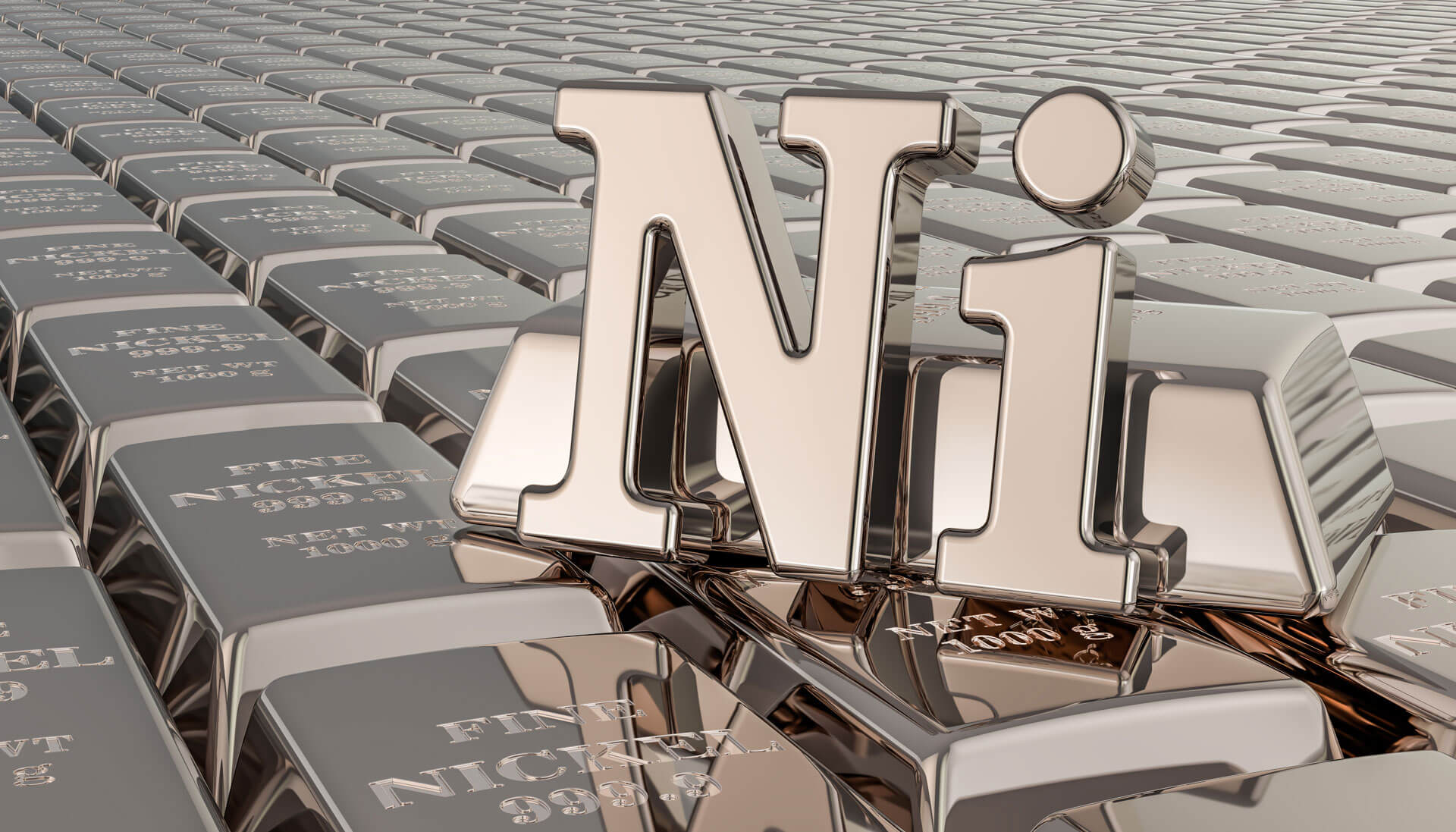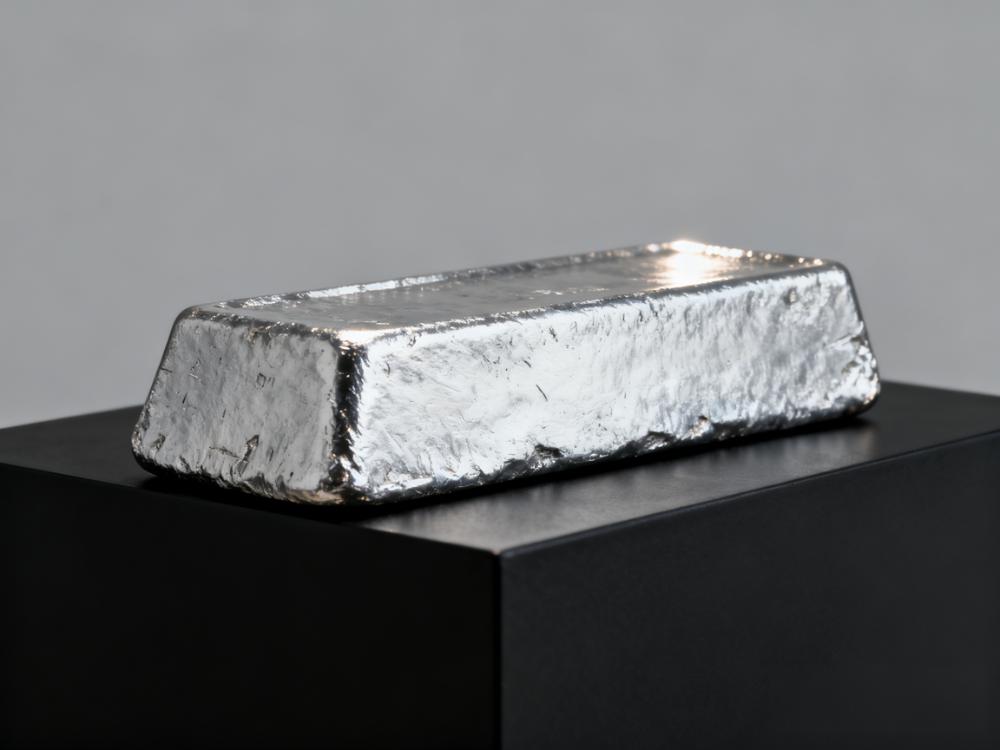SMM6 March 11: since 2020, affected by the epidemic and negative oil prices, the financial market has fluctuated sharply, but the overall nickel price is relatively stable.
Nickel is a key raw material for stainless steel and electrical / chemical battery industries and an essential industrial metal, and the high demand for nickel is driven by the growth of these industries. The stainless steel industry uses the intermediate product NPI (nickel pig iron) as the raw material, while the battery industry uses nickel in finished products such as lithium-ion batteries.
Supply and demand of nickel market
Global nickel demand and consumption, dominated by China, is expected to grow at a CAGR of 3 per cent from 2.2 million tonnes in 2019 to 2.5 million tonnes in 2025. Among them, electric vehicle batteries are the main driver of nickel demand growth, which is estimated to grow at an annual rate of 23% by 2030. Stainless steel is still the main downstream consumption area of nickel, and the compound annual growth rate of stainless steel demand for nickel is expected to reach 2.7% by 2030. But due to the strong growth in demand for electric vehicle batteries, the demand for nickel for stainless steel may fall from 70% in 2018 to 60% in 2030.
Although the global nickel supply is about 2.46 million tons in 2019, experts predict that there will be a shortfall of 300000 tons in nickel demand by 2025 and 780000 tons by 2035. Since 27 per cent of the world's nickel pig iron and nickel ore comes from Indonesia, this has prompted Chinese smelters and stainless steel producers to set up factories in Indonesia to ensure that their nickel supplies are not affected.
Indonesia has great potential in high-speed expansion of nickel production.
Indonesia is currently a hot spot for investment in nickel projects. It is expected that Indonesia will increase its nickel production capacity by 213500 tons in 2019, 294000 tons this year and another 90600 tons by 2021. In terms of refined nickel supply, Indonesia's refined nickel supply increased by 96.5% and 47.9% respectively in 2017 and 2018 compared with the same period last year. Indonesia's refined nickel production is expected to increase by a further 22.7% to 3.392 million tons in 2019, with a compound annual growth rate of 16.9% between 2018 and 20125. Indonesia is expected to become the strongest driver of refined nickel supply in the world. In 2018, Indonesia accounted for only 12% of the global refining supply, and as NIP and HPAL continue to release, this figure is expected to become 27% by 2025.
Since more than 70 per cent of China's nickel imports come from Indonesia, the country's NPI is expected to expand its dominant position in nickel supply. NPI is expected to play a leading role in the supply of nickel in 2020 and is expected to replace refined nickel in the production of stainless steel. In addition, the NPI and HPAL production lines jointly formed by Indonesian and Chinese companies will constitute most of the nickel supply in the future.
In order to encourage foreign direct investment into Indonesia's downstream nickel processing facilities and further develop Indonesia's economy and infrastructure, the Indonesian government has banned nickel ore exports since January 2020, and more overseas enterprises have opened the way for Indonesia's expansion.
A successful example is Castle Peak Iron and Steel Group, which has built a joint venture industrial park in Morowali, Indonesia, which is the world's largest nickel-iron and stainless steel facility. As more nickel-related projects come online, the growing demand for nickel will promote the development and innovation of the industry as a whole.
In addition, there is a rising star worthy of the attention of investors, this is a Singapore-listed mining company called Silkroad Nickel ltd., referred to as SRN.
Emerging participants in SRN-- nickel processing industry
I. introduction
Silkroad Nickel Ltd (SRN), a nickel mining company listed on the Kelly edition of Singapore in 2018, is an emerging player in the nickel processing industry.
SRN's long-term goal is to become a producer of vertically integrated NPI and ferronickel products in the stainless steel market, initially focusing on the exploration, mining, production and sale of nickel ores. Two years after listing, SRN has established a partnership with the best-in-class and lowest-cost joint ventures, and its business has been extended to downstream nickel ore processing to produce higher-value NPI and ferronickel products.
II. Upstream business
Its wholly owned subsidiary, PT TAS, has been granted a production and operation license to conduct nickel mining operations within the mining concession area of 1301 hectares located in Morovari County on the Indonesian island of Sulawesi.
According to the 2019 JORC report, the total mineral resources reserves of the mine are 146 million wet metric tons (0.99% nickel and 0.06% cobalt), including 45 million wet metric tons of ore (1.08% nickel and 0.06% cobalt). )
Long before the listing, SRN had been supplying nickel ore to PT Ekasa Yad Resources, a subsidiary of Castle Peak, in the Morovali industrial park for five years. On the one hand, SRN is in a superior location, only 40 kilometers from the Castle Peak subsidiary, and on the other hand, SRN supplies high-quality ores with a nickel grade of 1.7 per cent. PT TAS's cooperation with China Electric Power Construction Group (mining contractor) has achieved the effect of low cost and high output, producing 10-250000 tons of nickel ore per month. SRN expects to monetize its cobalt-rich limonite at lower production costs than rotten clay ores, thereby creating high revenue streams at lower costs among its peers.
In addition, SRN has two docks close to the mine, capable of carrying 10, 000-tonne barges and a majority stake in a tug barge company, so SRN can control its logistics supply chain.
III. Downstream business
Stage I: NPI blast furnace put into operation in the fourth quarter of 2020
In December 2019, SRN signed an agreement with its joint venture partner under which SRN will operate the existing NPI blast furnace smelting facility 2km away from its mine. Expected to start production in the fourth quarter of 2020, NPI will have an annual production capacity of 50-60, 000 tons and a nickel content of 10%.
Phase II: RKEF put into production in the third quarter of 2022
In April 2020, SRN signed a non-binding agreement with Shandong Xinhai Technology Co., Ltd. to build and operate RKEF (rotary kiln electric furnace), NPI can produce up to 350000 tons per year, with an estimated nickel content of 10% 12%.
Shandong Xinhai is a global leader in RKEF technology and is located in Junan Economic Development Zone, Linyi City, Shandong Province, China. The annual production capacity of Ferro nickel is 1.9 million tons, accounting for 55% of China's market share, and it also has a power generation capacity of 8 billion kilowatt hours per year.
Through these downstream partnerships, SRN aims to make up for global nickel supply shortages by 2025 and beyond.
If you are interested in SRN or its products, you can contact:
Jh@silkroadnickel.com (Executive Director and Chief Executive: Joseph Hong)
Nasser@silkroadnickel.com (Executive Director: Nasser Aljunied)
2020 China Ni-Cr stainless Steel Industry Market and Application Development Forum


Scan the QR code, apply for participation or join the SMM metal exchange group




